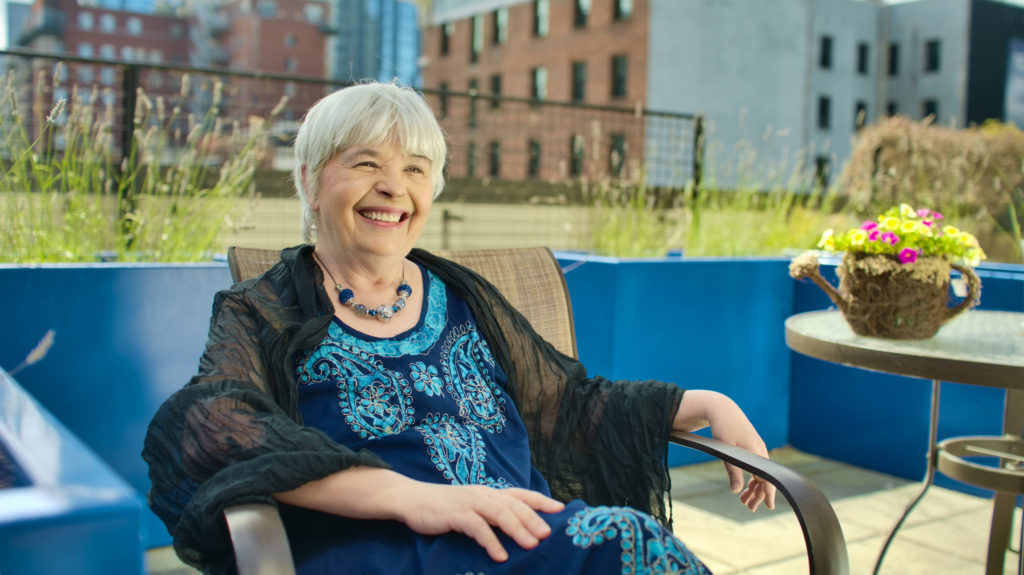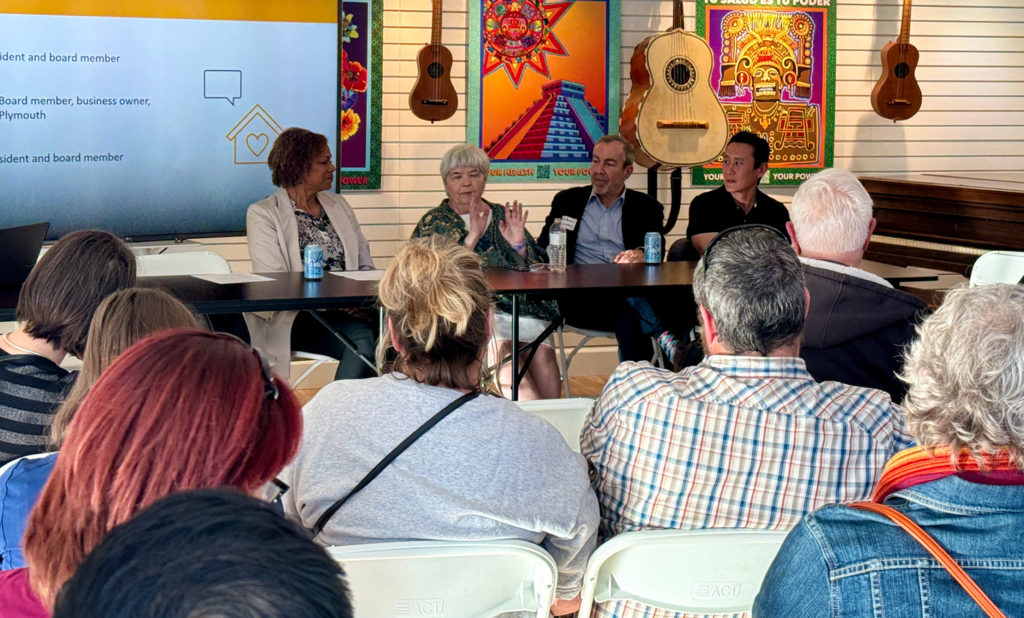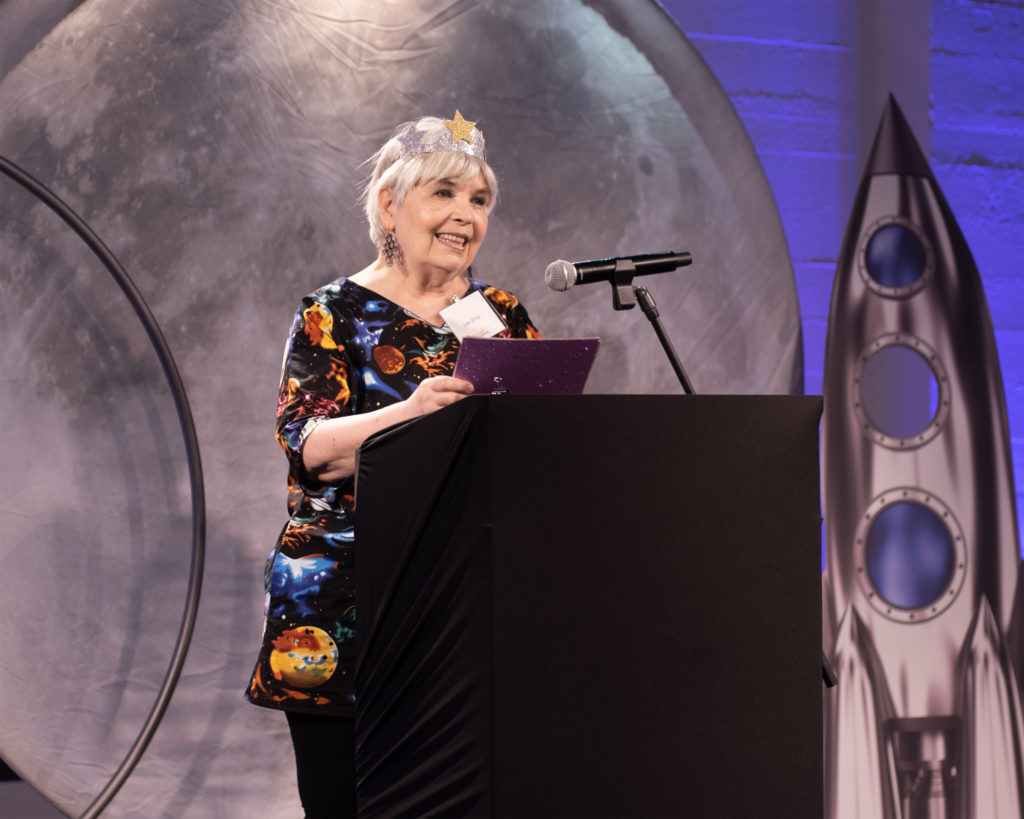Permanent Supportive Housing: A Solution to Homelessness That’s Urgently Needed
Posted May 16, 2024
Imagine facing an unthinkable choice: You can pay your doctor and receive the medical care you need—or you can pay rent and have a place to sleep that night.

Deb White, a Plymouth resident and board member.
You do not have enough money in your bank account for both. This is the impossible situation that Deborra found herself in 15 years ago. She got medical care, lost her apartment, and lived on the streets for the next five years. For her, and for so many others, the line between homelessness and having a home was simply one unexpected bill.
Too many people in our community are going through a nightmare similar to Deborra’s. According to official data, more than 16,385 people will sleep outside or in a temporary shelter tonight. The real number is likely far greater. Many of these individuals have been unhoused for years, while also navigating chronic health conditions, mental illness or substance use disorder.
The people who are struggling are human beings who are worthy of support—not judgmental policies or empty rhetoric. Rather than languishing at a shelter for years or sleeping outside, they deserve to have access to stable and dignified homes like permanent supportive housing (PSH).
PSH is a proven solution to homelessness that our region should embrace.
For starters, permanent supportive housing prevents drain on community resources. At Plymouth Housing for example, a person can live in a PSH apartment for a year for the same cost as a few weeks in a King County hospital or several months in jail. PSH helps people change their behavior, achieve stability, and transform their lives. At Plymouth Housing, more than 95 percent of individuals leave homelessness behind forever.
Permanent supportive housing is not temporary, like a shelter. Rather, PSH is a home—a resident can stay for as long as they like. In a PSH apartment, residents receive the individualized support they need. In Deborra’s building for example, residents benefit from on-site health care, counseling, prepared meals, 24/7 front desk staffing, and more. Many of the units are ADA-accessible, the building has community spaces, a computer lab, and outdoor gardens.
When Deborra initially got housed through Plymouth, she was frail and needed a walker to get around. In addition to being afraid of people, she was so withdrawn that keeping her apartment clean and organized was a challenge. Over time, with secure housing and the right supports in place, she stabilized. Today, she’s proud of her home–an apartment adorned with orchids that she grows herself. She has a part-time job and serves as a resident board member on the Plymouth Board of Trustees.

Deb White and other board members present to a group of Redmond residents.
When Deborra sees new neighbors arrive in her apartment building, she watches them recover over time. She has seen how recovery from long-term homelessness is an ongoing process that requires exactly the kind of individualized care PSH offers.
Homelessness is an immense and complex problem. Truly addressing the root causes will require an overhaul of systems that have intentionally disadvantaged people without generational wealth, veterans, People of Color, people with disabilities, LGBTQIA+ people, and other marginalized groups. In addition to building more housing, lasting solutions will require investments in wages, healthcare, housing, education, transit, caregiving support, and more.
While societal change may be more gradual, PSH can bring us closer to the future we all deserve—one person at a time. Permanent supportive housing is a safer and more affordable approach for our communities; it restores dignity to people who our systems have failed to serve, and who have been treated as less-than-human for decades. If you believe in a just and equitable society, please speak up for more permanent supportive housing in your community.
In Deborra’s words: “People must have a place to feel safe enough to foster hope and belief in themselves and trust in the community. Street life hinders all growth. A home is the opposite. It heals.”

Deb White speaks at Pop Some Tops 2023.